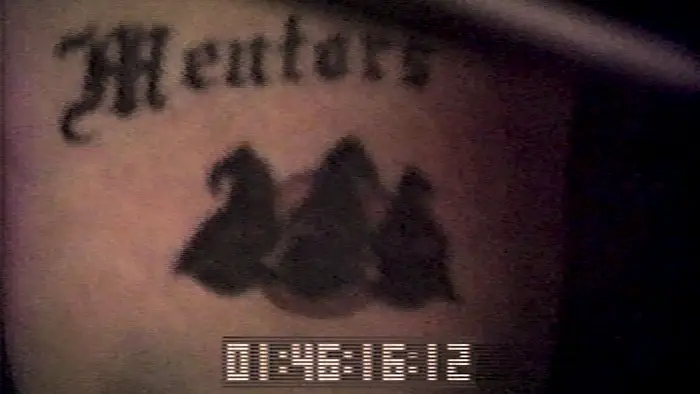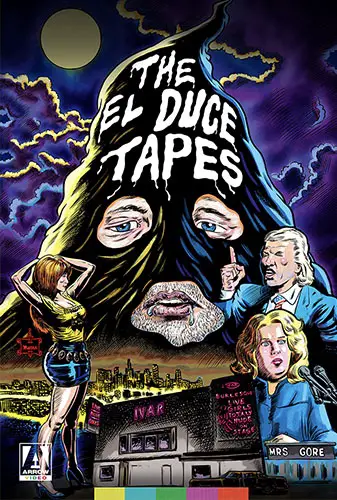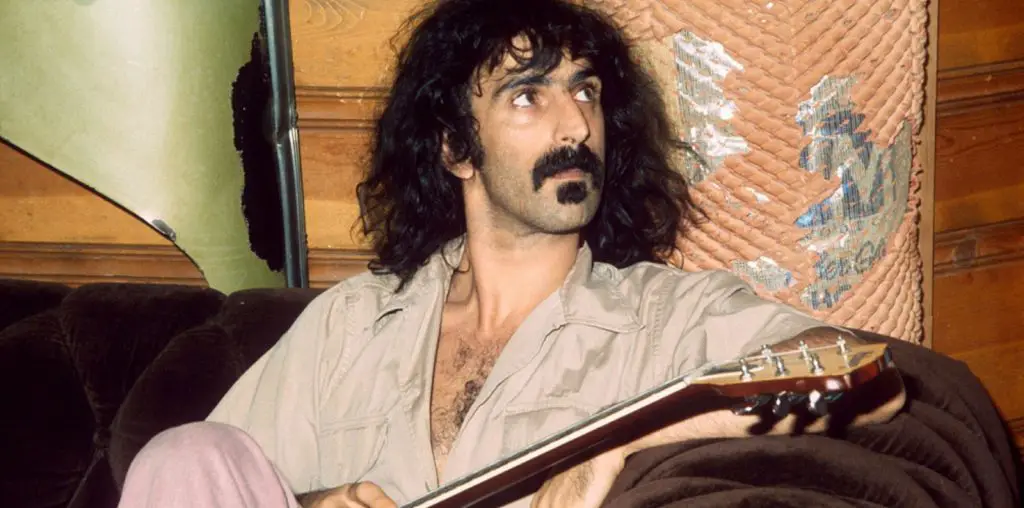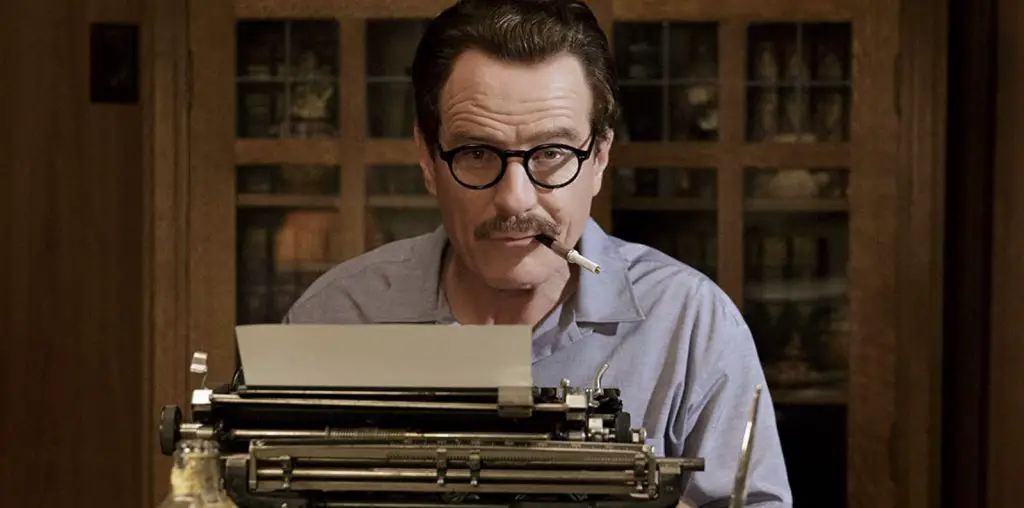
The El Duce Tapes is personally a troublesome documentary by Rodney Ascher, David Lawrence, and Ryan Sexton. Troubling for all the oddest and often wrong reasons. First, it’s an actual found-footage documentary made with old VHS tapes found in a storage unit. Second, the film opens with “A Plea for the Art of the Motion Picture” from director D.W. Griffith about his even then-controversial film, Birth of a Nation (1918). Third, the film makes ample and excessive use of every offensive word known to humanity.
In the early 1990s, filmmaker Ryan Sexton took his rather large VHS camera to the worst clubs in Hollywood following one of the most offensive “shock rock” bands, The Mentors, but more specifically, the band’s ringleader and lead singer, “El Duce.” Thirty years later, Sexton pulled out his old tapes from storage, and here you have it.
After watching the documentary, I have a lot of questions and began wrestling with its content. My first question is, just because you have extensive footage of an odd person doing and saying offensive things for the sake of being offensive, do you still make a documentary? Before you make a snap judgment, just sit back and ponder for a moment.
The film opens with El Duce, whose real name is Eldon Hoke, donned in an executioner’s hood, asking his audience that if anyone in the audience likes to rape women, then raise their hand and say, “Sig Heil!” Yeah, you’re in for a long one.
Yes, the documentary presents extensive footage into Hoke’s public life on stage as an “artist.” The words he “sings” are violent, promote both rape and hate, and in the opening moments incites a violent fight in the nightclub. Quite frankly, there is very little redemption for Hoke by the end.

“…extensive footage of an odd person doing and saying offensive things…”
Many of his supporters stood behind what they understood was the First Amendment and defended Hoke by frequently saying that he was just being offensive on stage, and in real life, he wasn’t. When Hoke appeared on The Jerry Springer Show with other aggressive punk rock bands, like GWAR, even these bands distanced themselves from El Duce.
What I got out of The El Duce Tapes was not an essential biography of the poster boy of rape rock, but a debate about censorship going through my head while watching the movie. Honestly, I could not sit through much of the offensive concert footage. But it was the media’s reaction to El Duce that had me thinking. In defense of the filmmakers, the feature is hardly a defense nor makes any assertions about the “greatness” of The Mentors. Clearly, provocativeness overshadows anything resembling good music the band may have been lucky to produce. Sexton found an underground band whose story, good or bad, needed to be exposed.
Context is everything. In the early 90s, shock talk shows hosted by Jerry Springer, Wally George, and Morton Downey, Jr. were all the rage. They dealt in the pageantry of moral superiority, baiting their audiences into a frenzy of outrage. Wally George would have El Duce on his show, read his offensive lyrics, incite the crowd to yell at him, and then have security throw the singer out onto the streets.
What I find interesting is thirty years later, the world, with the help of social media, has turned us into the very people we mocked, like Springer, George, and Downey, when #Cancel culture was born. Were they right all along? Not only on their stance on decency but also on how we treated them with public flogging, boycotts, and calls for cancellation.
I can only give you one reason why you should watch The El Duce Tapes. It will challenge that line you’ve drawn between decency and censorship as you are presented with the most extreme example of indecency. Even now, I’m struggling to find that line in trying to close out this review. I suppose we should always be struggling.

"…challenge that line we draw between decency and censorship..."



Haha ,your infected now forever with the images and sounds of rape rock .all hail the mentors ! El duce is god .